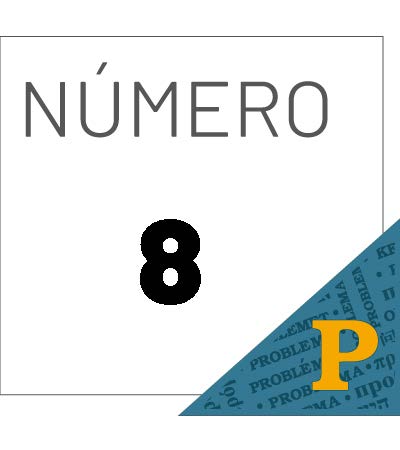Remarks on the Philosophy of Law in Brazil in the Twentieth Century
Para emprender el estudio del desarrollo de la filosofía del derecho en Brasil en el siglo veinte, el artículo se divide en 4 partes distintas: La primera se enfoca al fundamento de la educación superior en el país. La segunda describe el nacimiento y desarrollo de un tipo de filosofía del derecho que prácticamente ocupa todo el siglo veinte, un tipo de filosofía del derecho que se caracteriza por una fuerte presencia de un pensamiento jurídico retórico y humanista, el cual carecía de contornos precisos entre la sociología, historia, filosofía general y filosofía jurídica. La tercera parte destaca el nacimiento de una filosofía en Brasil propia de la academia universitaria, profesional y técnica, la cual coexiste con la filosofía del derecho que se genera en las facultades de derecho. Esta tercera etapa inicia con la fundación de la Universidad de Sao Paulo en 1934 y sigue una “historia paralela” con la filosofía que continúa hasta nuestros días. Se caracteriza por una obsesión con los aspectos metodológicos, una precisión conceptual por otra parte y una orientación hacia la historia de la filosofía con autores clásicos por la otra, la cual, por cierto, guarda un relativo interés en la filosofía del derecho entendida en sentido estricto. Una cuarta etapa, que inicia en la primera década del siglo veintiuno, se caracteriza por una limitada agenda de discusiones y trabajo teórico hecho por filósofos profesionales y algún trabajo hecho en las facultades de derecho
Abstract:
The text divides the development of Philosophy of Law in Brazil in twentieth century in four separate stages. The first starts with the foundation of higher education in Brazil and goes through the turn of the nineteenth century. The second stage characterizes the emergence and development of a type of legal philosophy that lasts almost through the entire twentieth century. This could be characterized by the presence of a humanist and rhetoric legal thinking, often lacking clear boundaries between sociology, his- tory, general philosophy and legal philosophy. The third stage is marked by the emergence of a professional, technical, university-oriented academic philosophy in Brazil and its coexistence with the philosophy of law produced in law schools. This stage began with the foundation of the University of Sao Paulo in 1934 and it follows a “parallel history” of Philosophy in Brazil, remaining until our days. Obsession with methodologies, conceptual accuracy and orientation to the history of philosophy, especially among classical authors, are its distinguishing features, as it is little concerned with philosophy of law in a strict sense. A fourth stage, which began in the first decade of the twenty-first century, is marked by a reduced agenda of discussions and theoretical work by professional philosophers and some works performed by law schools
Detalles del artículo
Uso de licencias Creative Commons (CC)
Todos los textos publicados por Problema. Anuario de Filosofía y Teoría del Derecho sin excepción, se distribuyen amparados con la licencia CC BY-NC 4.0 Internacional, que permite a terceros utilizar lo publicado, siempre que mencionen la autoría del trabajo y la primera publicación en esta revista. No se permite utilizar el material con fines comerciales.
Derechos de autoras o autores
De acuerdo con la legislación vigente de derechos de autor Problema. Anuario de Filosofía y Teoría del Derecho reconoce y respeta el derecho moral de las autoras o autores, así como la titularidad del derecho patrimonial, el cual será transferido —de forma no exclusiva— a Problema para permitir su difusión legal en acceso abierto.
Autoras o autores pueden realizar otros acuerdos contractuales independientes y adicionales para la distribución no exclusiva de la versión del artículo publicado en Problema. Anuario de Filosofía y Teoría del Derecho (por ejemplo, incluirlo en un repositorio institucional o darlo a conocer en otros medios en papel o electrónicos), siempre que se indique clara y explícitamente que el trabajo se publicó por primera vez en Problema.
Para todo lo anterior, deben remitir la carta de transmisión de derechos patrimoniales de la primera publicación, debidamente requisitada y firmada por las autoras o autores. Este formato debe ser remitido en PDF a través de la plataforma OJS.
Derechos de lectoras o lectores
Con base en los principios de acceso abierto las lectoras o lectores de la revista tienen derecho a la libre lectura, impresión y distribución de los contenidos de Problema por cualquier medio, de manera inmediata a la publicación en línea de los contenidos. El único requisito para esto es que siempre se indique clara y explícitamente que el trabajo se publicó por primera vez en Problema. Anuario de Filosofía y Teoría del Derecho y se cite de manera correcta la fuente incluyendo el DOI correspondiente.



























